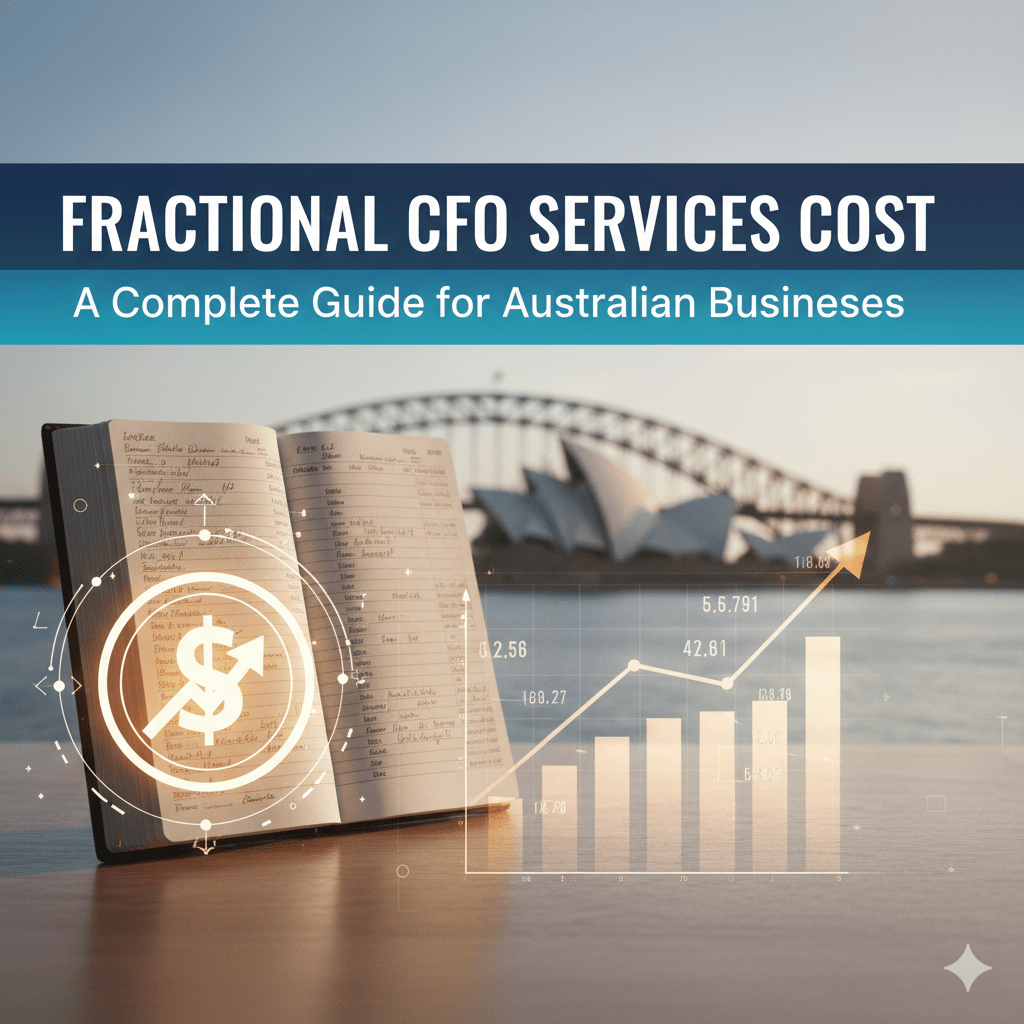In today’s business landscape, financial leadership is no longer reserved for large corporations. Even small and mid-sized companies need the strategic insight a Chief Financial Officer (CFO) provides. The challenge is deciding when to hire a CFO—and whether to bring in a virtual (fractional) CFO or invest in a full-time, in-house executive.
Let’s break down the differences and the scenarios that make one option better than the other.
What is a Virtual CFO?
A virtual CFO (sometimes called a fractional CFO) is an outsourced finance professional who provides high-level financial strategy, analysis, and oversight on a part-time or project basis. They’re particularly useful for growing businesses that can’t justify the cost of a six-figure salary but still need expert financial guidance.
Key services a virtual CFO provides include:
- Financial forecasting and budgeting
- Cash flow management
- Profitability analysis
- Fundraising or investor readiness
- Strategic planning support
What is a Full-Time CFO?
A full-time CFO is a permanent member of the executive team who takes ownership of all financial operations, strategy, and risk management. They’re immersed in the business daily and collaborate closely with other leadership roles to drive long-term growth.
Typical responsibilities of a full-time CFO include:
- Overseeing the entire finance department
- Developing and executing financial strategy
- Managing banking, lending, and investor relationships
- Leading mergers, acquisitions, or expansions
- Implementing systems, processes, and compliance frameworks
When Does a Business Need a Virtual CFO?
A virtual CFO is often the best fit for:
- Early-stage companies: Founders need financial clarity but can’t afford a senior hire yet.
- Scaling businesses: Growth is accelerating, and cash flow, margins, or operations are becoming more complex.
- Project-based needs: For fundraising rounds, acquisition planning, or restructuring.
- Lean operations: When the company prefers flexibility and lower overhead without sacrificing expertise.
When Does a Business Need a Full-Time CFO?
A full-time CFO becomes essential when:
- Annual revenue exceeds $20–50M (depending on industry) and financial complexity demands daily oversight.
- The company has multiple divisions or global operations requiring sophisticated systems and controls.
- There is frequent fundraising, M&A activity, or regulatory compliance needs.
- The finance team is large and requires dedicated executive leadership.
Making the Right Choice
The decision isn’t about virtual vs. full-time being “better” or “worse”—it’s about timing and alignment with your business’s needs. Many companies start with a virtual CFO, then transition to a full-time CFO once the scale and complexity justify the investment.
Bottom line:
- Choose a virtual CFO if you need flexible, cost-effective financial expertise to guide growth.
- Transition to a full-time CFO once the stakes are higher, operations are more complex, and constant financial leadership is non-negotiable.
Your business journey may require both at different stages—and having the right financial leadership at the right time can make the difference between simply surviving and strategically thriving.





